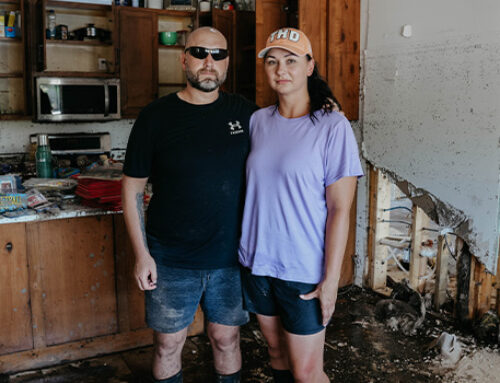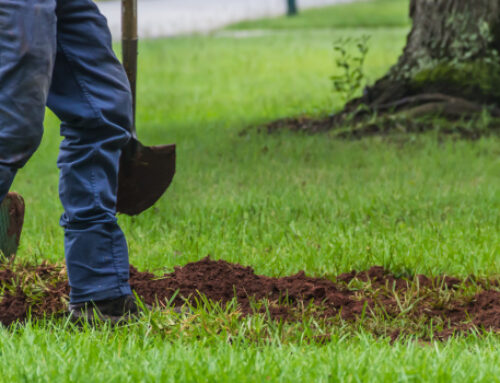How to Help Aging HOA Residents
As a community’s population ages, the HOA board faces new challenges, and it can become more difficult to balance the needs of elderly homeowners within day-to-day operations. Simple adjustments and preparations can ensure that older residents feel valued and cared for.
Here are five simple tips for HOA boards to keep in mind to help better address and accommodate the needs of those residents advancing in age:
Keep current on laws and regulations
HOA legislation is constantly changing, including those laws dictating the treatment of aging homeowners. Keeping up to date on what your state laws require to maintain elderly residents’ rights and privacy – including accommodations for mental and physical disabilities – will ensure the best care for all and protect your association from potential legal liability.
Evaluate safety needs
It’s not only the homeowners that are aging—buildings, lights, doorways, sidewalks, and ramps will require updates or repair over time. Be sure to conduct periodic and thorough reviews of these and other high traffic areas to address any safety concerns and needed modifications. It’s also a good idea to maintain current emergency contacts for homeowners in order to communicate with close relatives if needed. While contacts should be kept for all residents regardless of age, it is especially helpful to have them for seniors who are more likely to need assistance.
Learn from neighboring communities
55+ communities are becoming increasingly popular across the country as they seek to perfect the practice of retirement living. Consider reaching out to the board of one of these associations or taking a tour to observe and learn about what is most important to this demographic of homeowners.
Communicate openly
In a successfully run HOA, communication is key. This is especially true when it comes to understanding homeowners’ special needs, including those over 65. Older residents may be less familiar or even uncomfortable with the technology used to communicate HOA business and provide community updates and news. The board can make a special effort to reach out to these residents to assure them that their voices are heard and their opinions valued. Additionally, consider hosting programs and activities that are geared toward your older populations to foster a stronger sense of community and connection among all members.
Prepare early
Even if you are a new community with mostly younger residents, the time will come when your population will begin aging. When that happens, you’ll want to be prepared financially and otherwise. Consider now the changes or adjustments that will need to be made in order to accommodate for your aging community population.
They say age is just a number, and while that may be true, the fact is that as we grow older, our needs change. An important part of running a successful community is making sure that all members feel respected and appreciated. With preparation and care, any association, and its residents alike, can age gracefully.
For help managing your HOA community, contact Spectrum Association Management today for a free quote.






